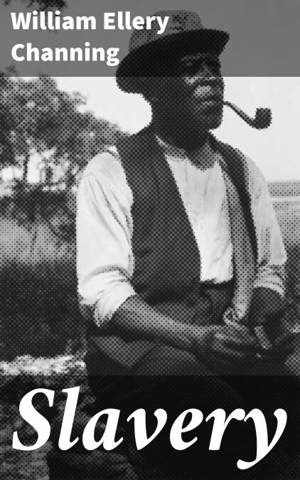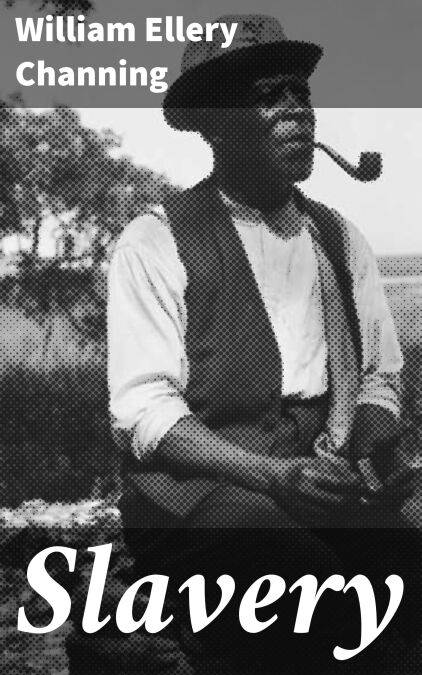
- Retrait gratuit dans votre magasin Club
- 7.000.000 titres dans notre catalogue
- Payer en toute sécurité
- Toujours un magasin près de chez vous
- Retrait gratuit dans votre magasin Club
- 7.000.0000 titres dans notre catalogue
- Payer en toute sécurité
- Toujours un magasin près de chez vous
Slavery EBOOK
Channing's Passionate Plea for Justice and Freedom
William Ellery Channing
Ebook | Anglais
0,49 €
Format
Description
In "Slavery," William Ellery Channing presents a compelling and deeply philosophical examination of the moral, social, and political implications of human bondage. Channing's eloquent prose and rigorous reasoning reflect the transcendentalist ideals of 19th-century America, emphasizing individual conscience and the inherent dignity of all people. The work is interlaced with theological reflections, drawing on his Unitarian beliefs, and advocates passionately for abolition while situating the discourse within the broader narrative of human rights and ethics. Through his blend of personal conviction and scholarly inquiry, Channing illuminates the dehumanizing effects of slavery on both the enslaved and the enslaver, making a powerful appeal to the nation's conscience. William Ellery Channing (1780-1842) was a prominent Unitarian minister and an influential figure in the abolitionist movement. His upbringing in a religiously progressive environment nurtured his reformist spirit, leading him to address urgent moral issues of his time, including slavery. Channing'Äôs intimate understanding of social injustices, coupled with his commitment to articulate a theological perspective that championed equality and empathy, informed the urgent call to action in this seminal work. "Slavery" is an essential read for anyone seeking to understand the moral foundations of abolitionist thought and the philosophical arguments against oppression. Channing'Äôs accessible yet profound insights continue to resonate, making this book not just a historical document, but a vital commentary on the ongoing struggle for human rights and dignity.
Spécifications
Parties prenantes
- Auteur(s) :
- Editeur:
Contenu
- Nombre de pages :
- 191
- Langue:
- Anglais
Caractéristiques
- EAN:
- 4064066218034
- Date de parution :
- 09-12-19
- Format:
- Ebook
- Protection digitale:
- Digital watermarking
- Format numérique:
- ePub

Les avis
Nous publions uniquement les avis qui respectent les conditions requises. Consultez nos conditions pour les avis.






